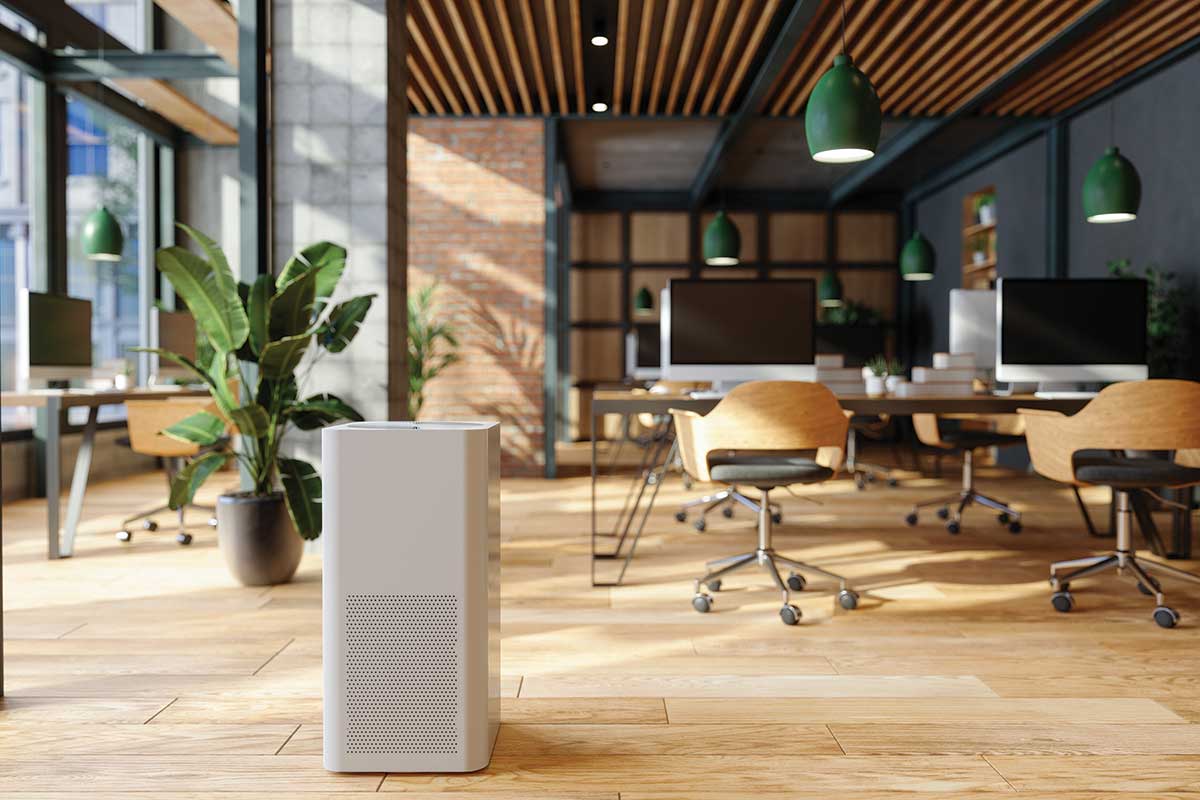We spend a lot of time inside. In fact, the average person spends 90% of their life indoors, according to the U.S. Environmental Protection Agency.
Fortunately, those spaces are becoming more energy efficient. Homes today are better insulated and sealed, which is good for energy bills but not so good for indoor air quality.
The thought of breathing in pollutants can be troubling, but the truth is, indoor air pollution is common and unavoidable. The good news is that there are ways to easily improve the air quality of your home—some of which might make your AC run more efficiently, too.
Here are five tips to help you breathe a little easier.
Change your air filter at least every three months. Clogged, dirty filters reduce airflow and the efficiency of your air conditioning system. When a filter becomes clogged, the excess dirt and dust are sent through your air ducts, introducing allergens and other unwanted particles into your living space. This is one of the easiest ways to promote better indoor air quality and energy efficiency.
Regularly vacuum carpets and rugs, especially if you have furry friends. The cleaner the home, the healthier the home. Vacuuming carpets and area rugs once a week can greatly reduce the accumulation of pet dander and dust inside your home.
Use vents to remove cooking fumes. Those exhaust fans aren’t just for when you burn the bacon. Fans help expel fumes emitted while cooking and send unwanted moisture and odors outdoors.
Get a handle on humidity. Summer months typically bring more humidity than we’d like. Moisture in the air can carry bacteria and other unwanted particles that you eventually inhale. Dehumidifiers work to remove that moisture from the air, reducing bacteria, mold and other allergens in your home and helping your air conditioner run more efficiently.
Incorporate air-purifying plants into your living space. There are several varieties of indoor plants that can help cleanse your home of dust and germs found in various home products and furniture. Remember to review care conditions and potential toxicity for pets and think about placement for any new plants you add to your home.


